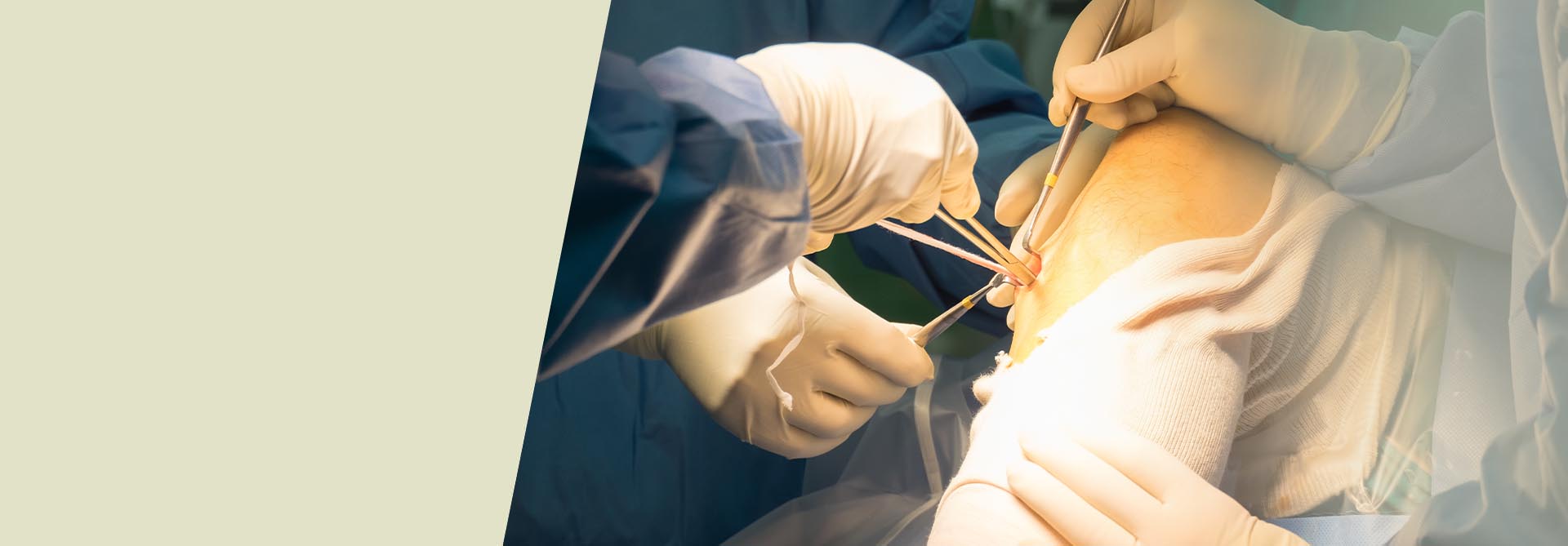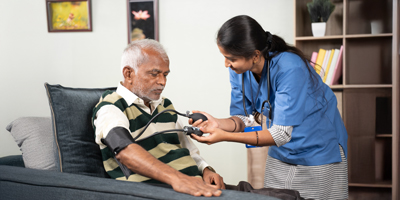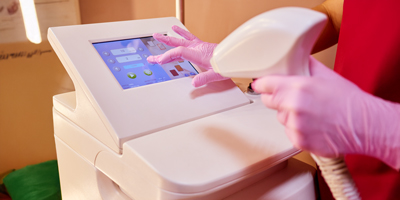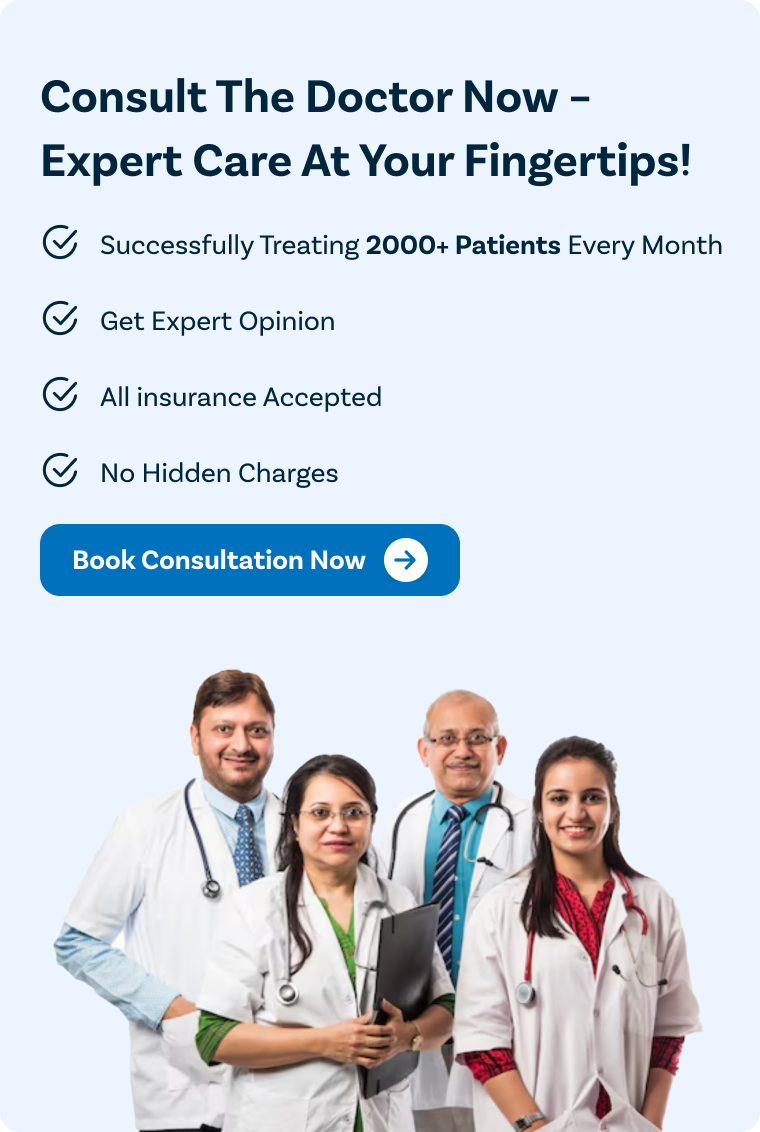You should consult an orthopedic specialist if you experience:
- Persistent joint pain that does not improve with rest or medication
- Swelling, stiffness, or inflammation in a joint
- Frequent locking or catching sensation in the knee or other joints
- Difficulty moving the joint or performing routine activities
- Recurrent joint instability or weakness
- Severe pain after sports injuries or accidents
- Symptoms that worsen despite physiotherapy and medications
Timely medical intervention can prevent joint damage from worsening and improve long-term mobility.
You should consult an orthopedic specialist if you experience:
- Persistent joint pain that does not improve with rest or medication
- Swelling, stiffness, or inflammation in a joint
- Frequent locking or catching sensation in the knee or other joints
- Difficulty moving the joint or performing routine activities
- Recurrent joint instability or weakness
- Severe pain after sports injuries or accidents
- Symptoms that worsen despite physiotherapy and medications
Timely medical intervention can prevent joint damage from worsening and improve long-term mobility.















.svg)








